How does the male ball valve design enable smooth and effortless on/off operation?
The male ball valve design is a key characteristic...
MORE >>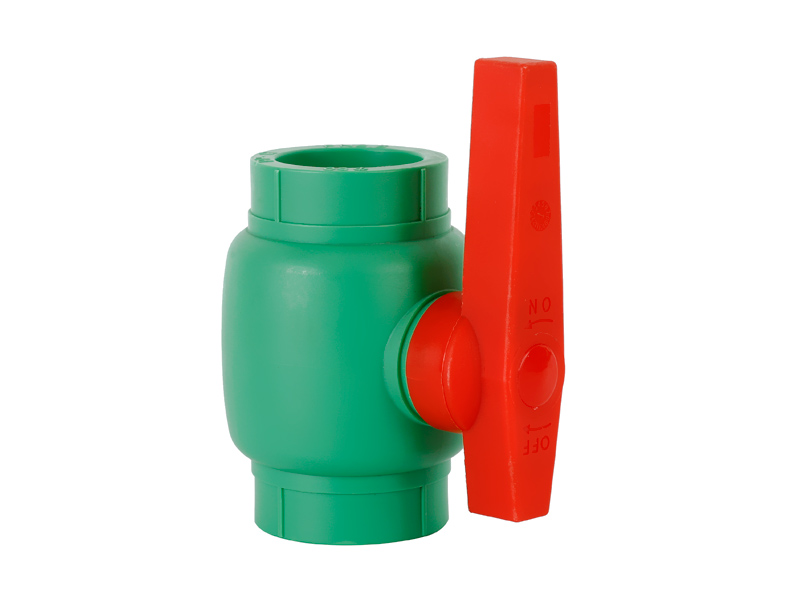
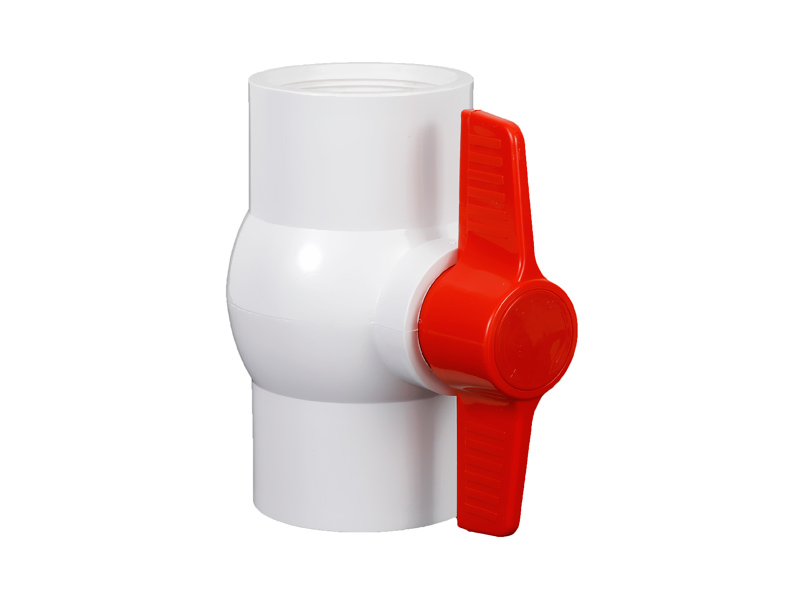
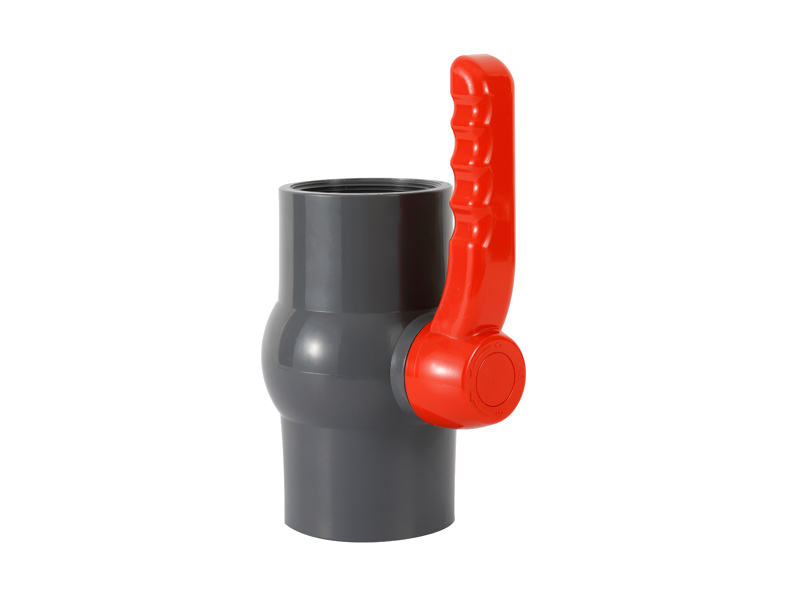
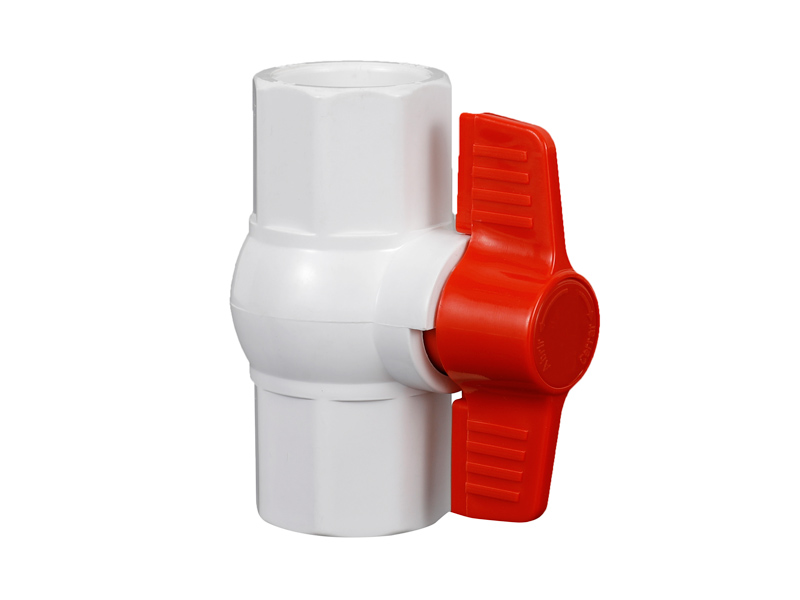
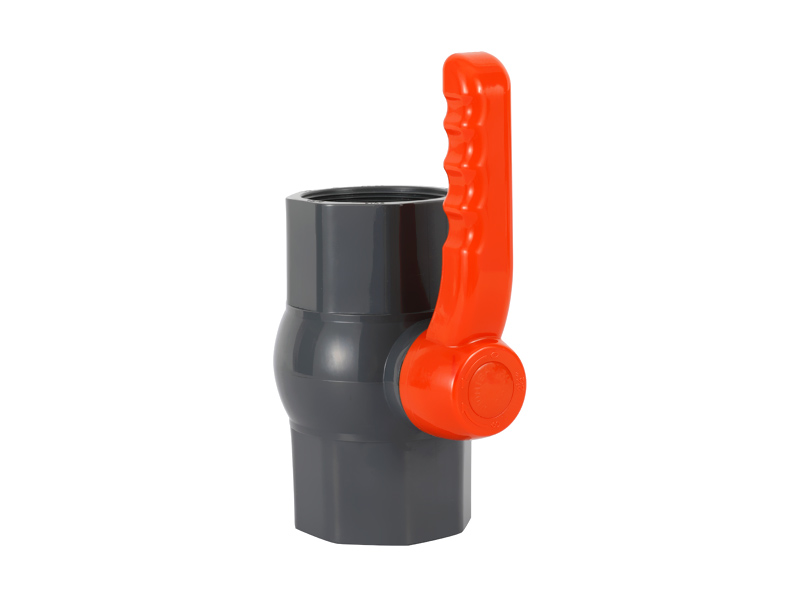
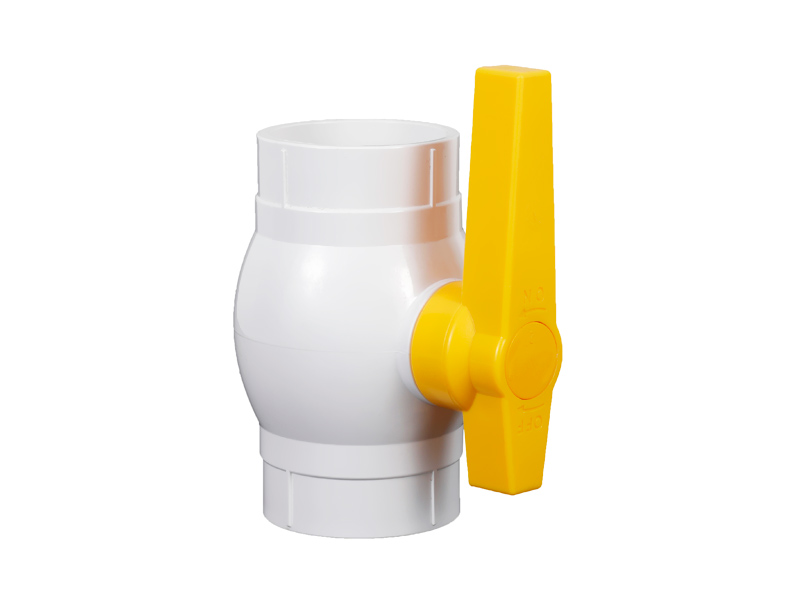
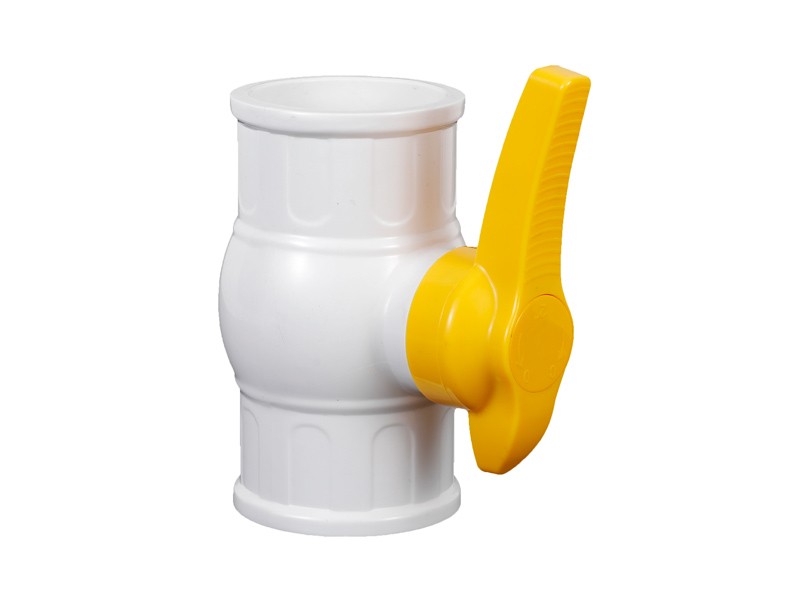
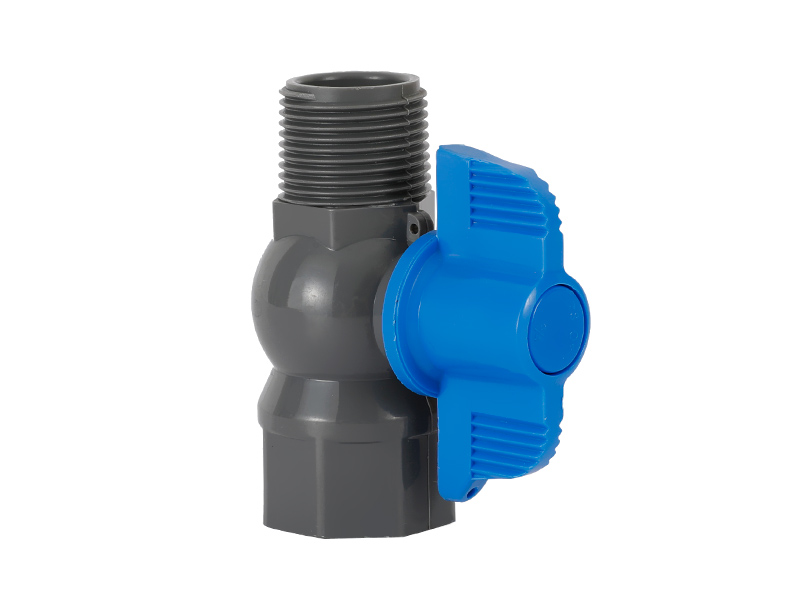
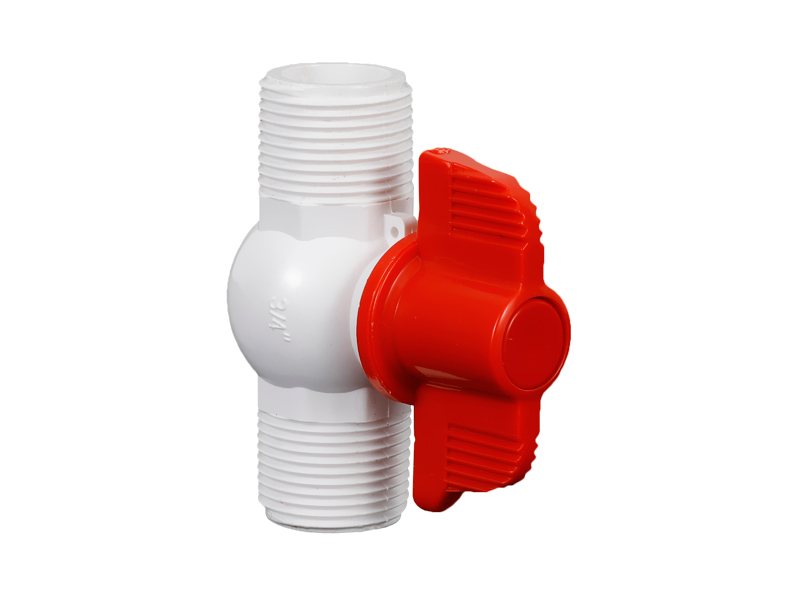

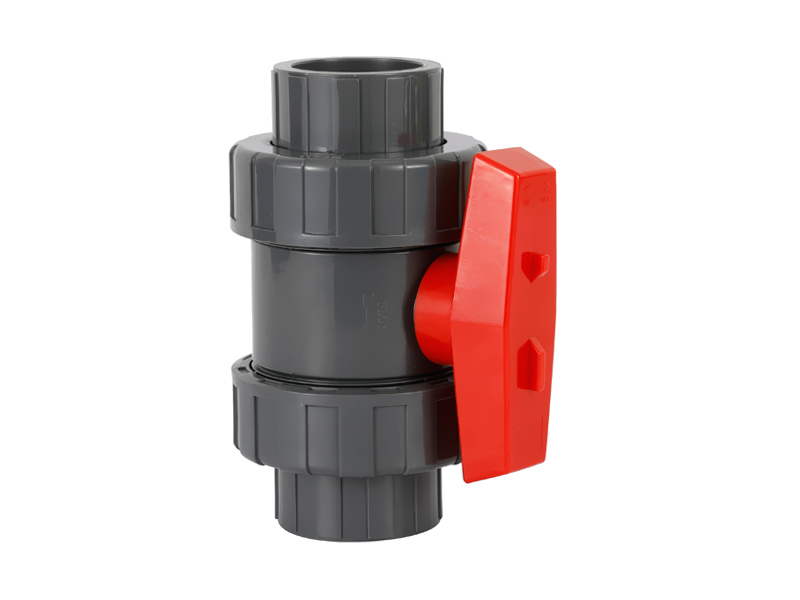

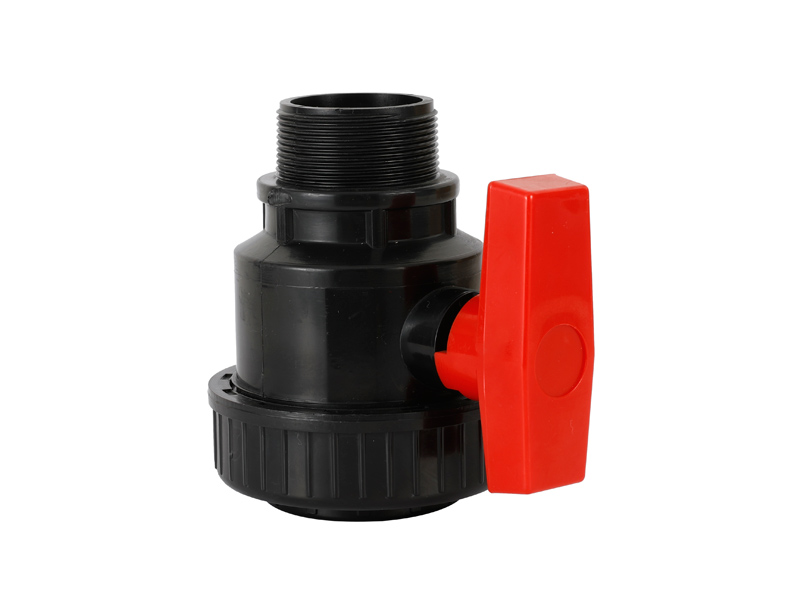
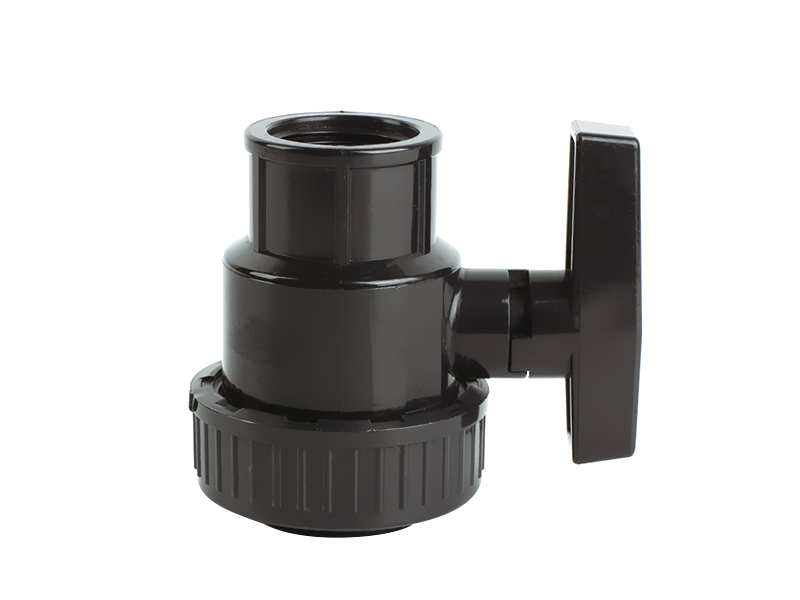
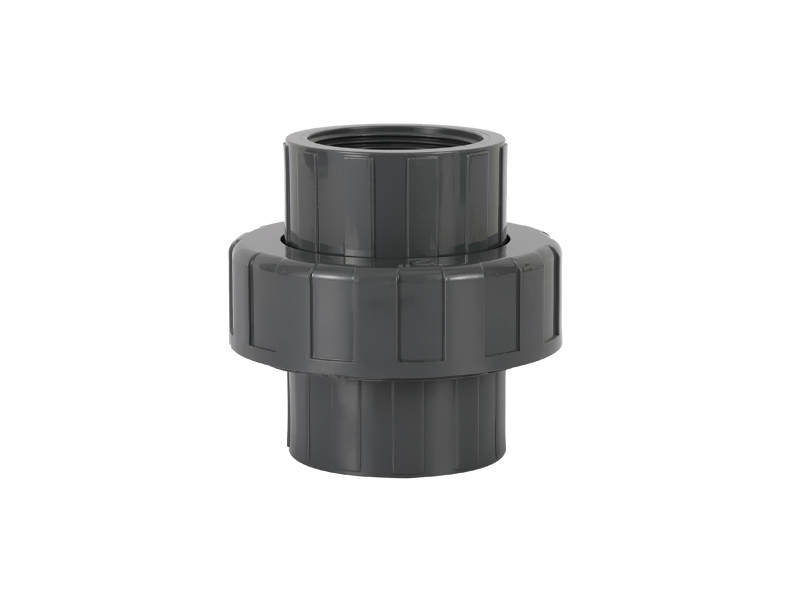
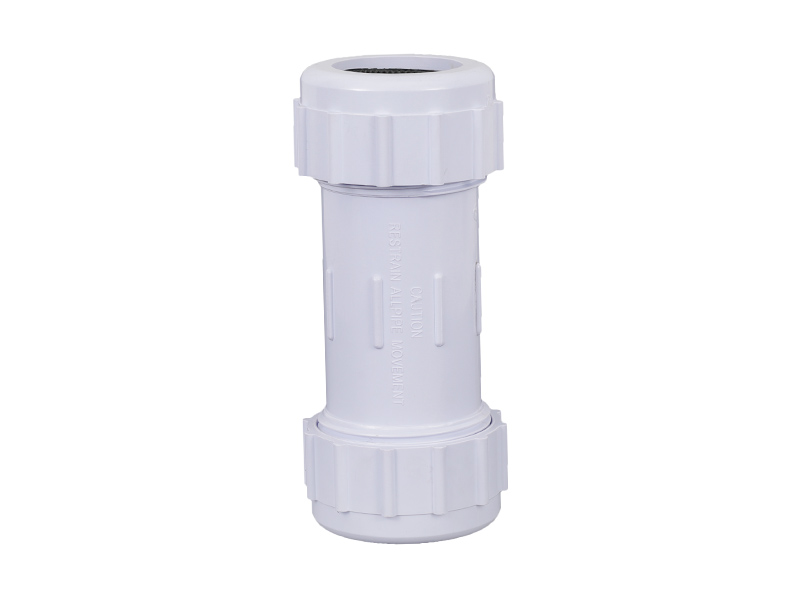
The durability of plastic faucets for agricultural irri […]
The durability of plastic faucets for agricultural irrigation depends on several factors, including the quality of materials used, the design and construction of the faucet, environmental conditions, and how well they are maintained. Here are key factors that determine the durability of plastic faucets for agricultural irrigation:
Material Quality: The type and quality of the plastic used in manufacturing the faucet are critical. High-quality plastics, such as UV-resistant and impact-resistant polymers like PVC (Polyvinyl Chloride), CPVC (Chlorinated Polyvinyl Chloride), and PPR (Polypropylene Random), are commonly used in durable agricultural faucets. These materials are chosen for their resistance to degradation, rust, and corrosion.
Design and Construction: The faucet's design and construction play a significant role in its durability. Well-designed faucets should have reinforced components, sturdy handles, and leak-resistant seals. The joints and connections should be designed to withstand the stress of water flow and pressure.
UV Resistance: Agricultural faucets are often exposed to sunlight, which can cause degradation of plastic materials over time. UV-resistant plastics and coatings can protect the faucet from UV damage and extend its lifespan.
Temperature Tolerance: Depending on the region and climate, agricultural irrigation systems may be exposed to extreme temperatures. Faucets should be designed to withstand these temperature variations without becoming brittle or deforming.
Chemical Resistance: Agricultural irrigation systems may involve the use of fertilizers, pesticides, and other chemicals. The faucet materials should be resistant to chemical corrosion to ensure long-term durability.
Water Quality: The quality of the water being supplied can also affect faucet durability. Water with high mineral content or sediment can cause wear and tear on faucet components over time. Regular maintenance and cleaning can help mitigate these effects.
Proper Installation: Correct installation is crucial for the durability of plastic faucets. Properly secured faucets with well-sealed connections are less prone to leaks and damage.
Maintenance: Regular maintenance is key to extending the lifespan of plastic faucets. This includes inspecting for leaks, cleaning filters or screens, and lubricating moving parts as necessary. Any damaged or worn components should be replaced promptly.
Water Pressure: Excessive water pressure can put stress on faucet components, potentially leading to premature failure. Pressure regulators or relief valves can help control water pressure and protect the faucet.
Environmental Conditions: The specific environmental conditions in which the faucet is installed can impact its durability. Extreme weather conditions, exposure to chemicals, and physical stress (e.g., from equipment or animals) should be considered when selecting and installing faucets.
In summary, the durability of plastic faucets for agricultural irrigation is influenced by material quality, design, construction, environmental factors, and maintenance practices. Investing in high-quality faucets and ensuring proper installation and maintenance are essential for maximizing their lifespan and ensuring reliable performance in agricultural irrigation systems.
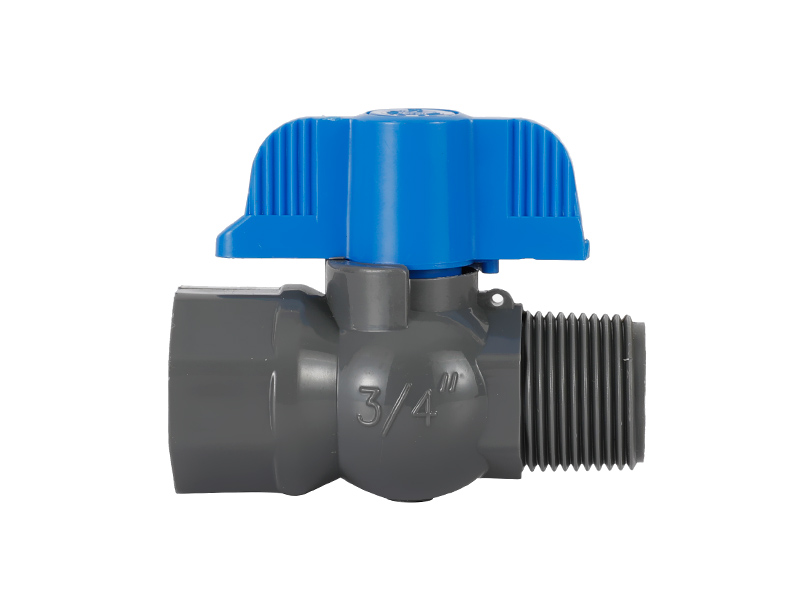
The male ball valve design is a key characteristic...
MORE >>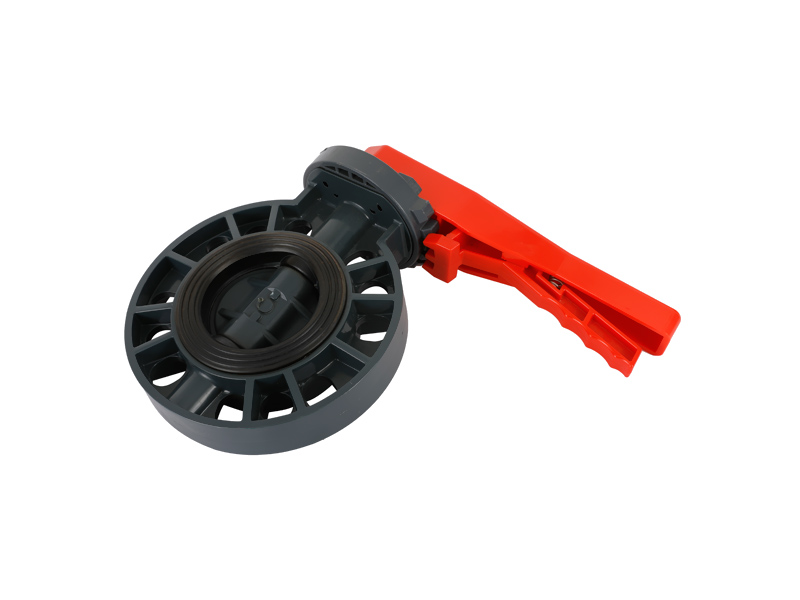
In today's modern world, efficient and reliable wa...
MORE >>
Copyright ©All rights reserved:Zhejiang Xier Plastic Valve Lead Co.,LTD. PVC Ball Valves Manufacturers Technical support: HWAQ  浙公网安备 33060402001174号
浙公网安备 33060402001174号

 English
English España
España عربي
عربي